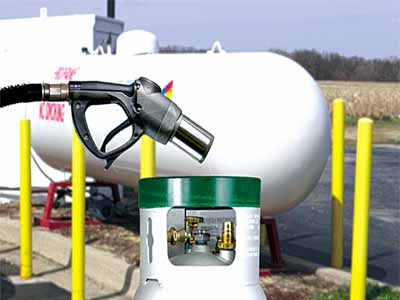 Oscarline Onwuemenyi
Oscarline Onwuemenyi
21 December 2016, Sweetcrude, Abuja – Executive Secretary of the Nigeria Extractive Industry Transparency Initiative, NEITI, Mr. Waziri Adio, says 90 per cent of the corrupt practices in Nigeria is being perpetrated in the oil and gas sector.
But he said his agency was handicapped in dealing with oil firms and the cartels in the industry because NEITI has no enforcement mandate.
He said: “The oil and gas sector is a very strategic sector to our economy because this is where much of our revenue comes from. It is conceivable that 90 percent of the corruption in the country is either happening in that or out of the proceeds of that sector.
“It is a sector that is so important; it is also a sector that is technical.
He stayed this during the the International Anti-Corruption Day 2016 in Abuja, where he disclosed that Nigeria earned N70 trillion from oil between 1999 and 2014.
But Adio’s disclosure of the huge revenue from oil in 15 years shocked the audience, which included Chairman of the NEITI, Dr. Kayode Fayemi (who is also the Minister of Mines and Steel Development), the Acting Chairman of the Economic and Financial Crimes Commission, EFCC, Mr. Ibrahim Magu, representatives of UNODC, UNDP, the US Embassy and many civil society organisations.
The NEITI boss also confirmed that about $12.9 billion was paid by the Nigeria Liquefied Natural Gas, NLNG, company to the Nigerian National Petroleum Corporation, NNPC, but it was not remitted into the Federation Account.
He added: “NLNG paid $12.9billion to NNPC. The oil company acknowledged receiving it, but did not remit it. We need citizens to ask questions. We can also ask: What can $12.9 billion buy?”
Adio, however, said the NEITI was handicapped because it has no enforcement power against oil firms or cartels shortchanging the nation.
He added: “We make recommendations; we cannot enforce. We identify people behind all these challenges in the oil sector; we cannot prosecute. We have to refer them to the EFCC.”
On his part, Dr. Fayemi said the administration of President Muhammadu Buhari is “running an anti-corruption agenda anchored on prevention; sanctions and enforcement; and recovery of proceeds of corruption.”
He noted that “The debilitating effects of corruption cannot be over emphasised. It not only undermines development, but it is an enabler for other crimes and anomalies, thereby perpetuating a vicious cycle. It goes without saying that if we are to make significant progress on developmental issues, corruption must be reduced to the minimum.
“There is no denying the fact that our country has massive corruption problems. We must acknowledge, however, that we have not been idle in our bid to combat corruption. Efforts directed at fighting the monster in Nigeria are as old as the country itself.”



